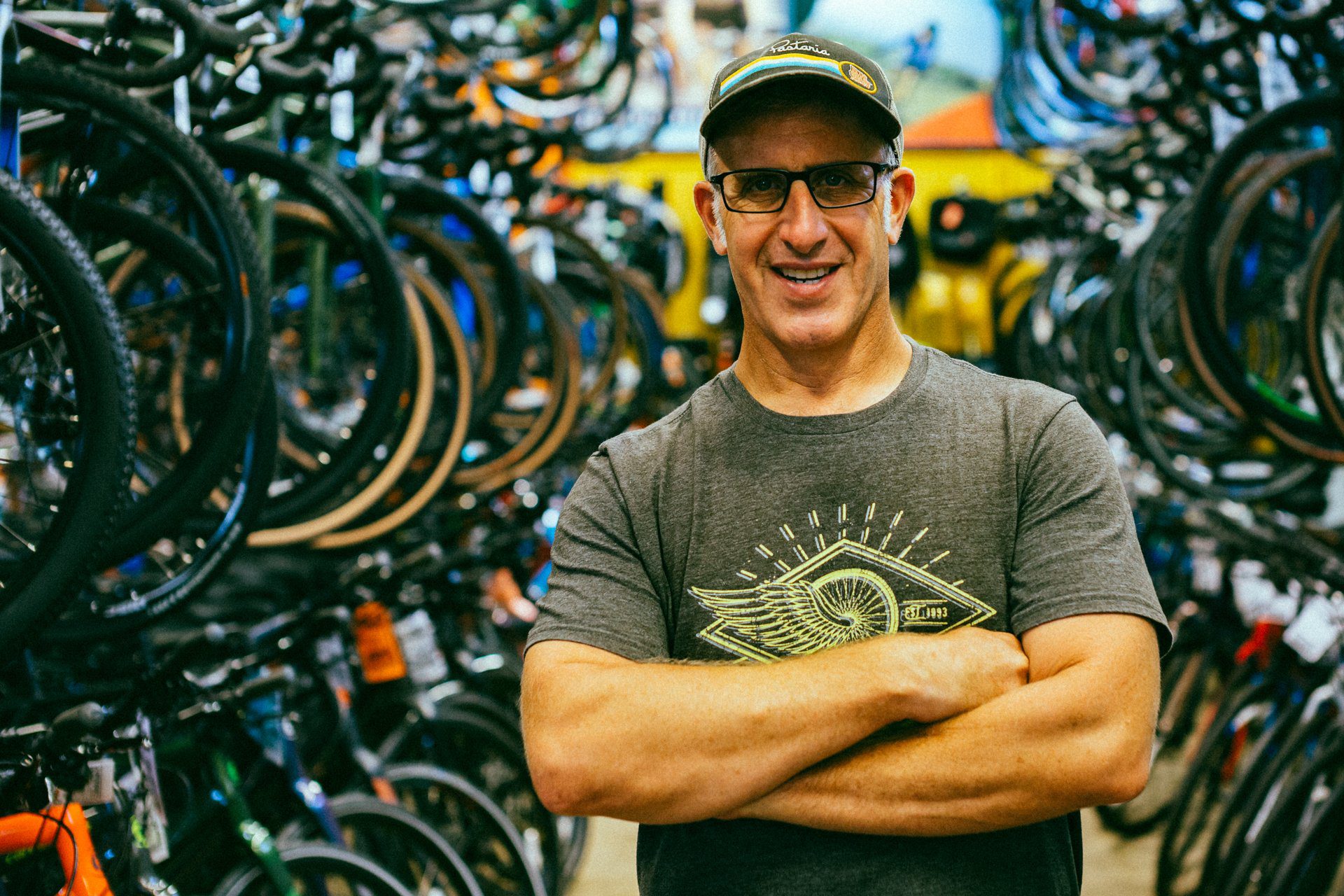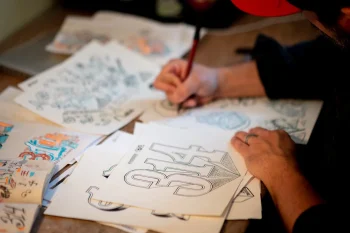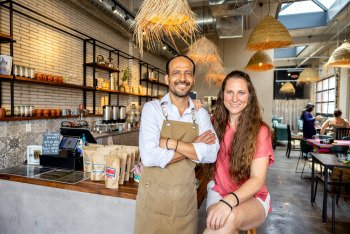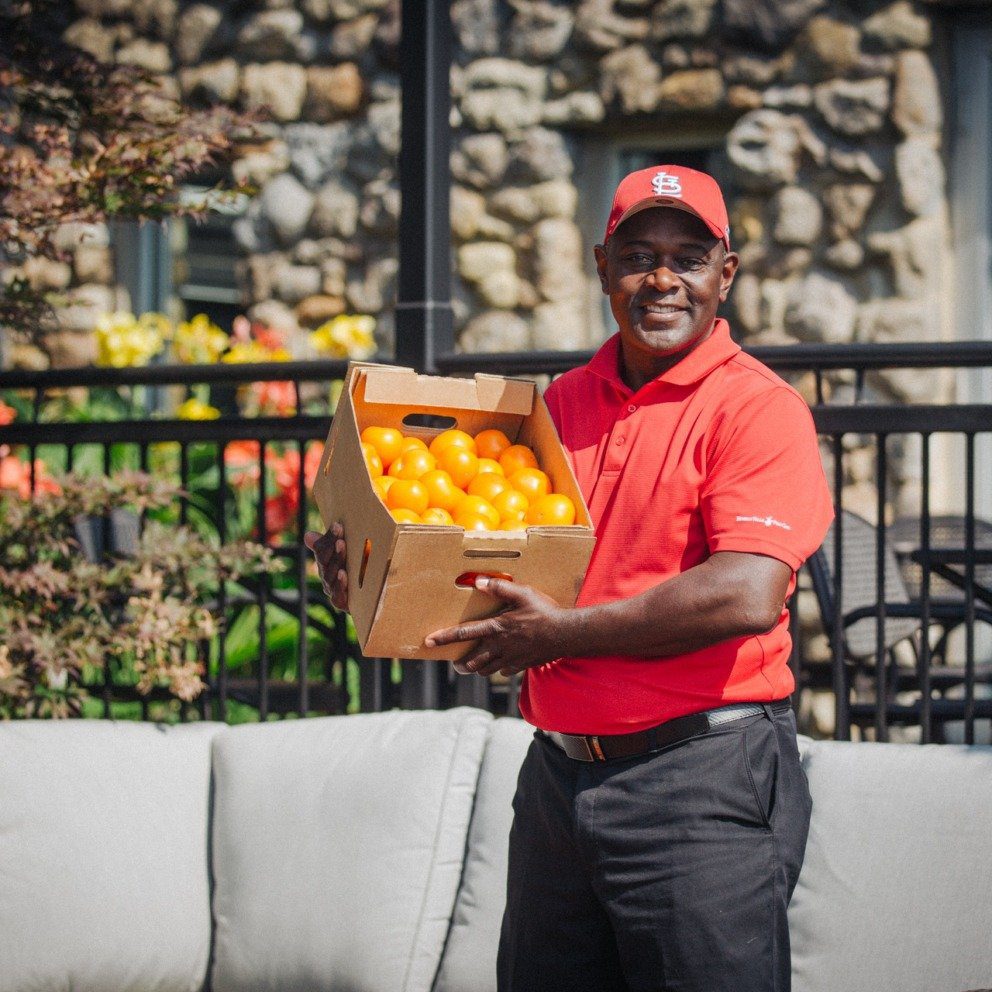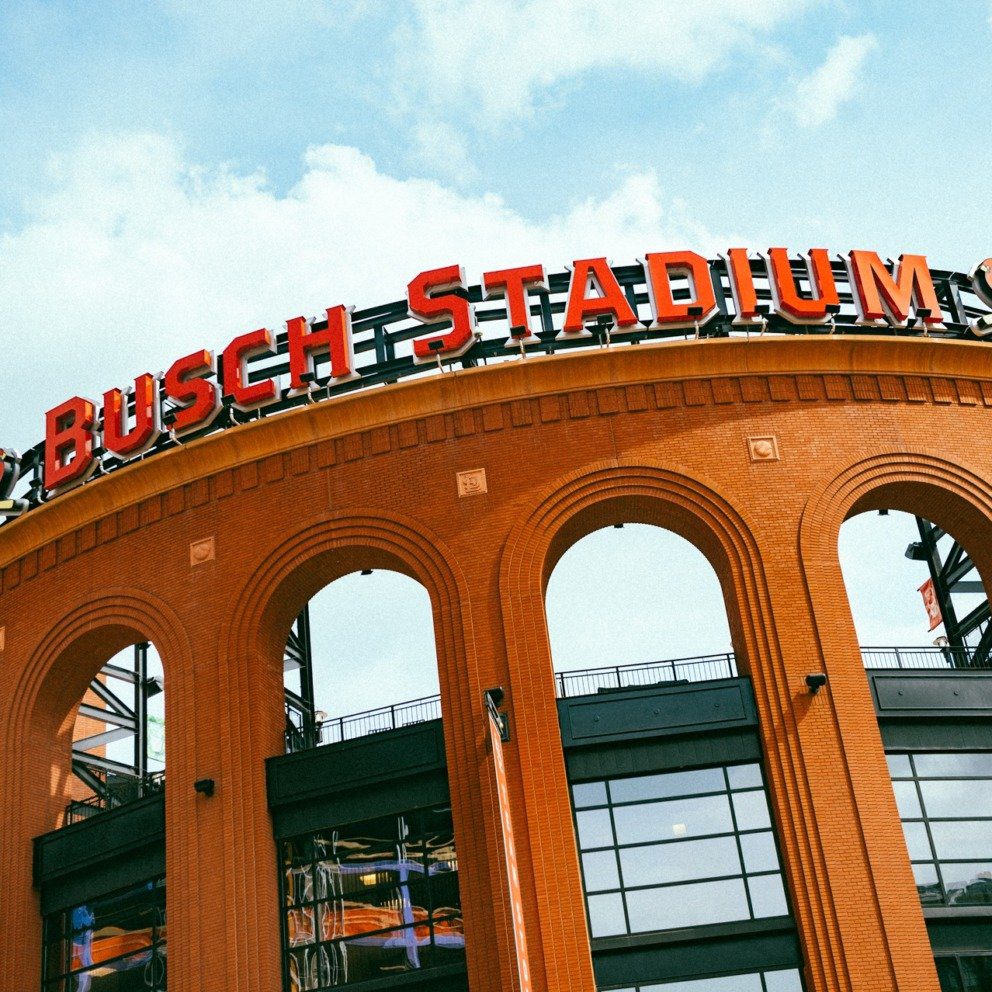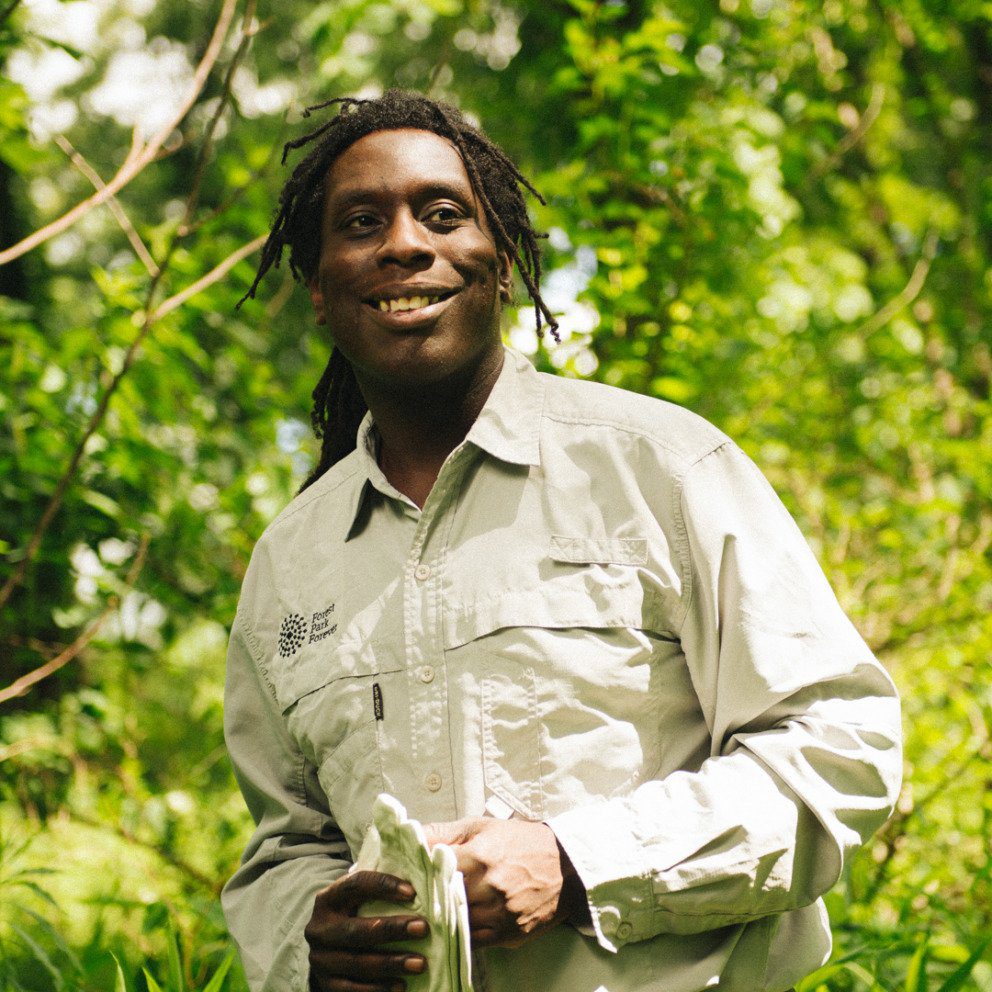Shifting Gears
Mike Weiss believes that St. Louis could become one of the hottest cycling destinations in the country -- and the world.
A bicycle shop can be a glorious spark for the senses: the tangy scent of grease and rubber tires, the sound of tools clanging against a metal frame, the sight of a dozen reflectors arranged on a pegboard.
It’s a combination that often evokes both nostalgia and possibility for visitors. One step inside a shop, and a person could become determined to give their young kid the thrill of a first bike just as easily as they might recall their former racing days and become inspired to reconvene a training group.
Those who have never ridden often find motivation, too. In the shiny pedals and moulded saddles, people see fitness, transportation and exploration, all nods to who they are or who they might become.
There’s room for everyone on the bike path, says Mike Weiss, owner and co-founder of Big Shark Bicycle Company. After all, he insists, the St. Louis region has the potential to become one of the hottest cycling destinations in the Midwest — and possibly the world.
One reason for that: gravel.
“One of the things that’s most popular in cycling right now is riding on gravel roads. When you get out into rural areas, there’s a huge network of gravel roads. Huge! And it transverses all the Midwestern states and connects the towns,” Weiss says. “The advantage is you’re away from traffic, it’s not commercial, you can have the experience of being in nature without really being in nature, and you don’t have to have a set of technical skills to ride it. It’s a peaceful, beautiful, safe experience.”
With the tiny stones collected on everything from access roads to driveways to flower beds, many Midwesterners understand the thrill that comes with speeding a bike down a gravel lane, skidding to a stop and sending the jagged pebbles flying. But in other parts of the United States and around the globe, gravel isn’t as prevalent, making it an appealing terrain for those who don’t frequently encounter it. And with world-class cyclists looking to take on new challenges and long, winding, multi-region races, Weiss says the local gravel paths are becoming a coveted training environment.
“They have a series of these events now in Europe and this Italian brand wants to put on a series in the U.S. So rather than saying ‘Let’s go to an affluent area in upstate New York or someplace in Marin County [California] or the Cascades [Pacific Northwest],’ they’re thinking about the Midwest,” Weiss effuses. “How cool would that be? If we can do it with a brand that everybody in the bike industry knows is kind of classic, we’d be putting on something epic.”
Weiss tends to fill his bike basket with a number of “epic” endeavors, including drawing elite racers to St. Louis as the event director for the annual Gateway Cup. Now in its 36th year, packs of cyclists at every level race through four distinctive neighborhoods — Lafayette Square, Benton Park, The Hill and Francis Park — over four days, with professional international and national athletes competing at top speeds.
“In cycling, when [a fan] goes to a Gateway Cup event, the people they are seeing are not like the best in the country — they are the best in the country,” Weiss says. “And some of those people will race in the Olympics, they will race in the biggest races in Europe, they will be recognized in an airport. It’s cool that they can come race in Lafayette Square or Benton Park or roll down Pestalozzi Street.”
As one of cycling’s marquee events, the Gateway Cup draws thousands of racers and fans to St. Louis every year, and the local economy benefits in a big way. Hotels, restaurants, attractions and, yes, bike shops get a boost in sales, but Weiss says that St. Louis has the potential to reap even more if bicycle-friendly infrastructure continues to improve. As noted by Elly Blue in Grist, communities that build for bicycles typically save money on street projects, spur small-business spending, increase resident health and attract or retain homebuyers and renters.
Leaders and activists within the St. Louis region have been implementing meaningful bike lanes, racks, trails and rest stations throughout city neighborhoods and in places like St. Charles and Wildwood in Missouri and Edwardsville in Illinois. Weiss cites Great Rivers Greenway, Trailnet, the Katy Trail, the Penrose Park Velodrome, the proposed Chouteau Greenway and a never-ending calendar of cycling activities as a few things that help push local bike culture forward. Collaboration among engaged business leaders, politicians, investors and community members plays a big role, too.
But there’s always more to do.
“The aspirational look at that is there are things that are available that are bigger — like World’s Fair big or Olympics big. And there’s nothing to say that St. Louis can’t compete there,” Weiss insists. “If we wanted to attract a world championship or national championship, it’s not just men racing. It’s also women racing, it’s Paralympians racing, it’s every kind of fight card, the under cards, the under 25’s, the juniors.”
He notes a cycling event in Iowa as an example.
“It’s one of the biggest cycling events in the United States — probably the biggest singular cycling event in the country. It’s sort of like if you took everybody that wants to go to a Cardinals game to rural areas, and then took those 30,000 people across the state. They’re spreading money. I mean it’s probably $100 million or something that it’s bringing in. So that sort of thing can be good if [St. Louis] was a bicycle-friendlier area.”
And with trails winding through many rural towns, there may be additional opportunities to develop a better biking economy further afield in Missouri and Illinois.
“I see a lot of poverty in rural areas, and I don’t think there’s a plan,” Weiss says. “When we go to new regions within driving distance of St. Louis, I feel like there are lots of small towns and places that if they have a [bike tourism] shift, it would be symbiotic. Let’s be that half-full glass.”
Cycling as sport, as recreation or as transportation matters to both cities as well as their outlying areas, says Weiss, who owns Big Shark locations in downtown, Richmond Heights and Chesterfield.
And the sights from the saddle make it all worthwhile.
“One of the things I’ve experienced is that a city doesn’t look its best from a highway. A city looks its best from neighborhoods,” Weiss says. “You don’t get to learn what the layout of a metropolitan area is unless you can breathe it in.”
